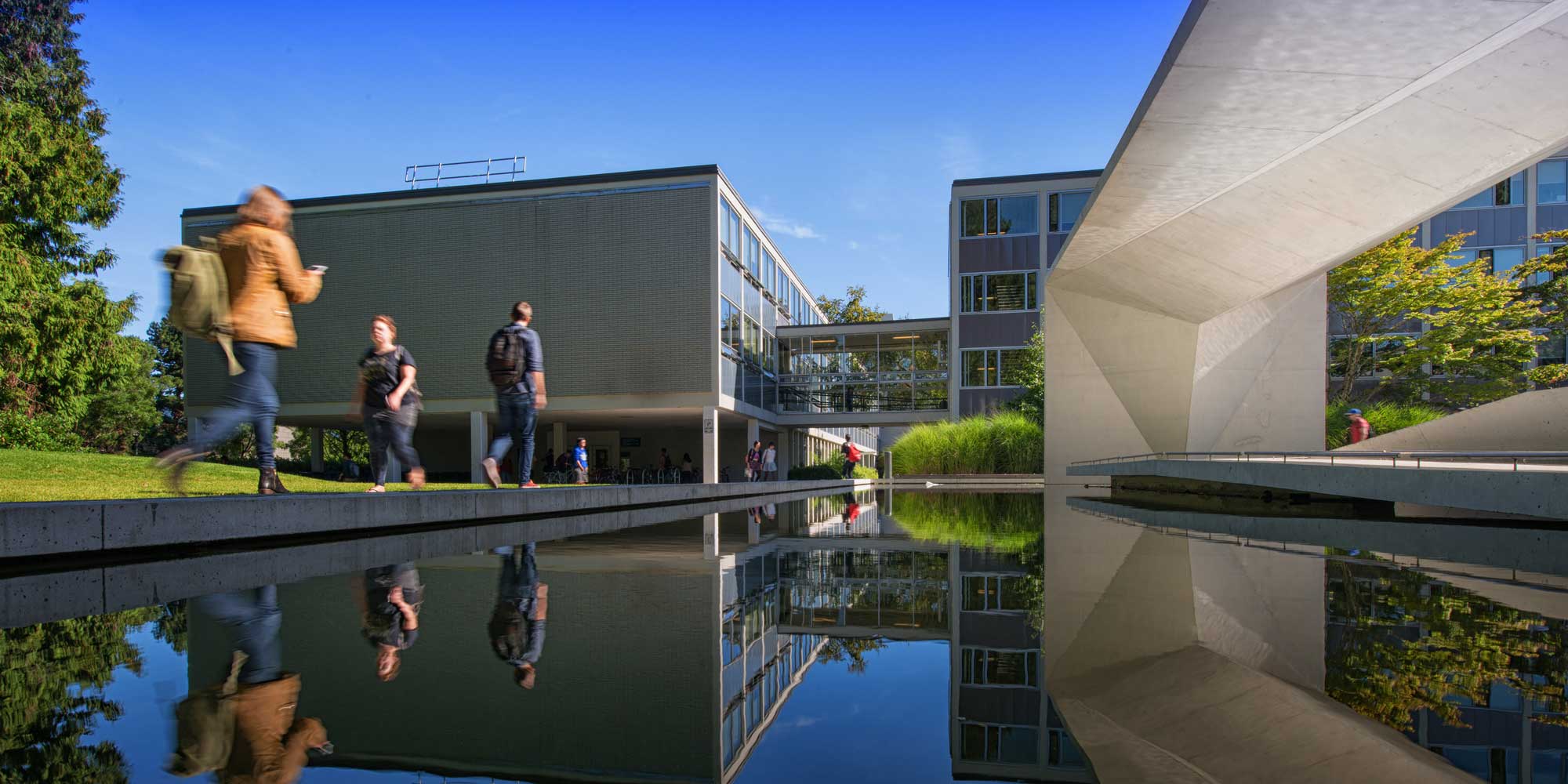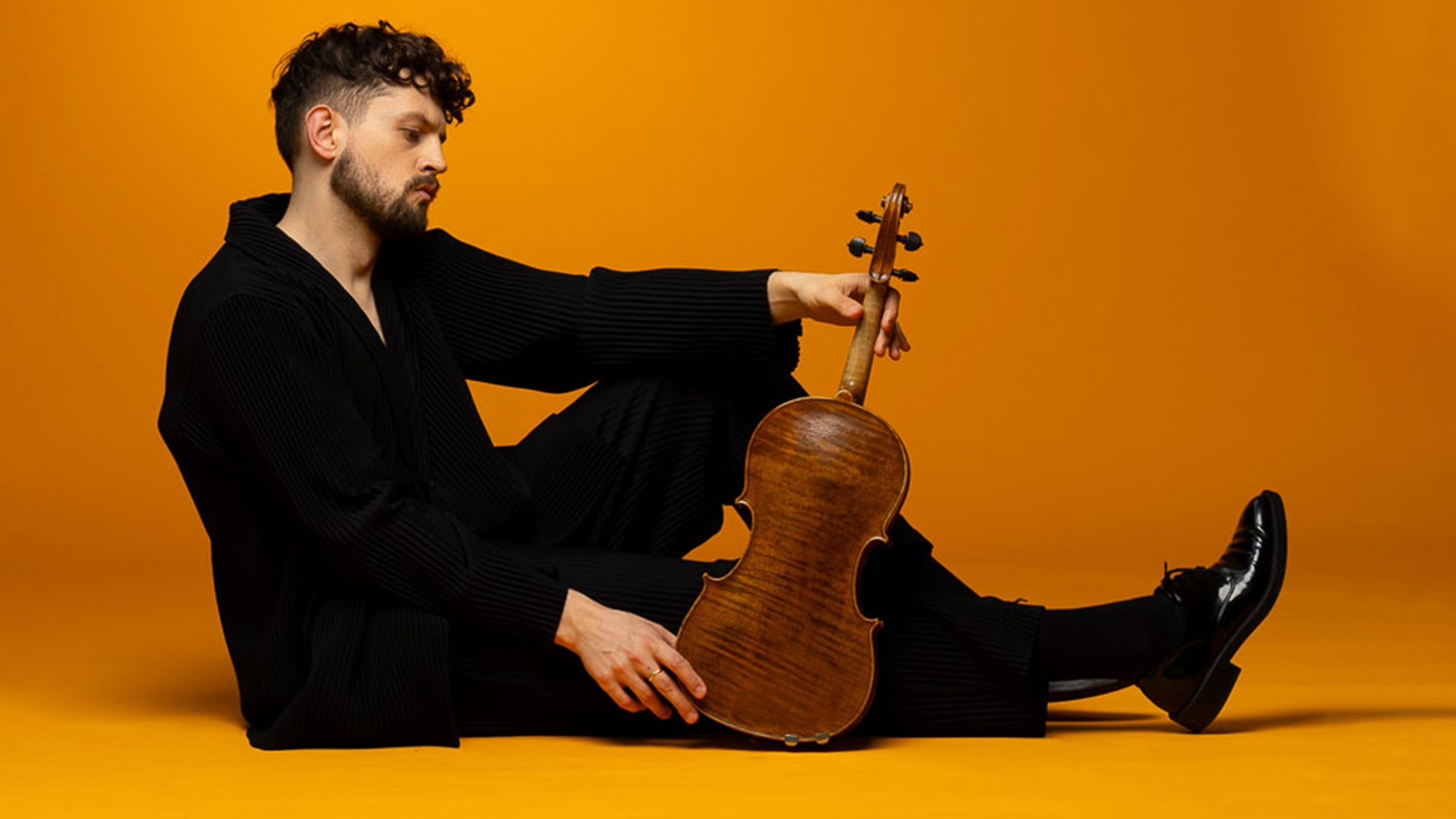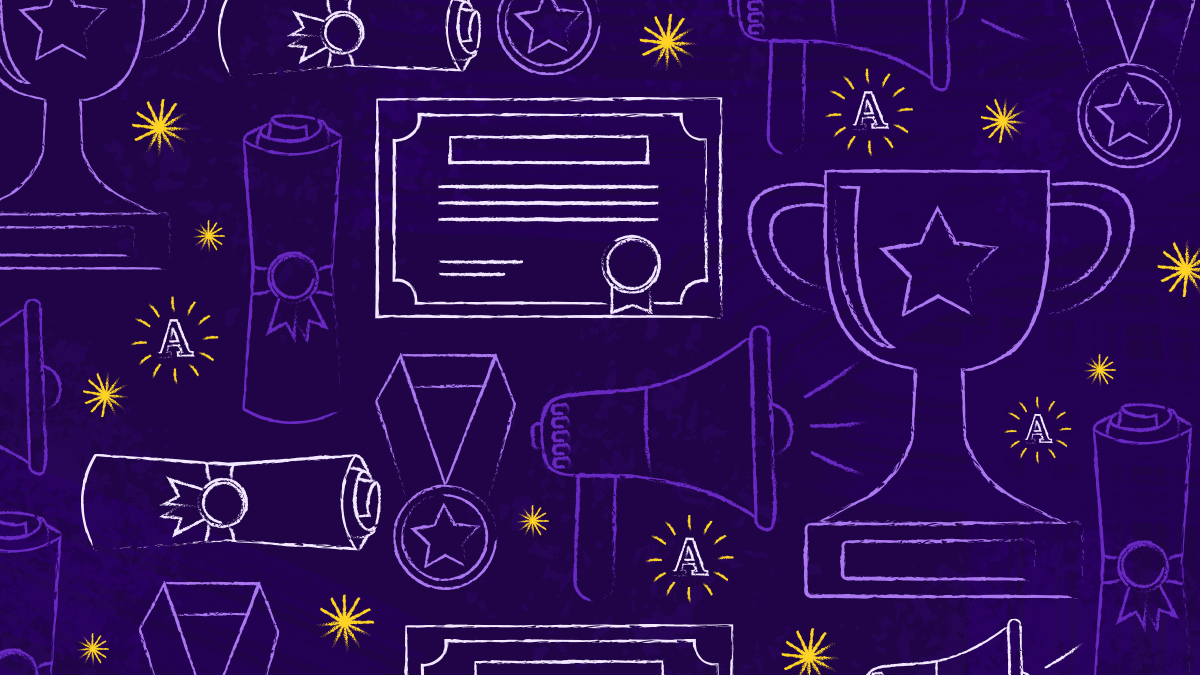By Mary Leong
Persistence is paying off for Psychology Honours student and Arts Undergraduate Research Award (AURA) recipient Ashley Whillans, who will enter her fourth year in September 2011 with a year of lab research experience under her belt.
Psychology Honours is an intensive program for students looking to pursue graduate studies. During their third and fourth years, students take a full course load, complete two theses, and work in two different labs.
Despite its gruelling workload, Whillans opted for the Honours program for its small class sizes and the opportunity to carry out research as an undergraduate student. Though the coursework was more challenging than she had expected, she found working directly with faculty and smaller groups of students extremely rewarding.
“In Psychology, there are probably hundreds of people in most of your classes,” said Whillans. “As a Honours student, you get that one-on-one interaction where you’re working intensively in a lab with a small group and you have small seminar classes where you get to talk about research.”
As part of the Psychology Honours degree, students have the opportunity to work directly with a faculty supervisor in a lab. Whillans worked as a Project Coordinator on Dr. Elizabeth Dunn’s project, “From Doing Good to Feeling Good: The Health Benefits of Prosocial Behaviour”, during her third year.
Whillans assisted in creating study materials, running tests on subjects, collecting data, and training research assistants. She describes her involvement with Dr. Dunn’s project as a fluke.
“I didn’t actually get the position at first, so I emailed Dr. Dunn and asked if I could volunteer on the project” said Whillans. “The other student dropped off the project and eventually I got to run the project with a team of graduate students and Dr. Dunn herself.”
Whillans is a big advocate of research at the undergraduate level. Being involved in research allowed her to see how studies actually happened beyond the polished results published in journal articles and textbooks. Furthermore, she was able to try her hand at carrying out research and seeing if it was something she was really interested in pursuing in the future.
“This project has been an absolutely amazing endeavour and every day I feel lucky to be so involved in this research,” said Whillans. “Dr. Dunn’s project has given me invaluable experience including leadership and time management skills, and most importantly has given me the confidence to pursue a future career in research.”
Whillans is currently lab managing in Dr. Dunn’s lab. She is looking forward to working in a psychobiological determinants of health lab in her fourth year, examining cardio-vascular health in parents and children.
“The most valuable lesson I’ve learnt as an undergraduate student is to be persistent, and not to be afraid to talk to my professors,” said Whillans. “If research is what you really want to do, even if you get turned down by one lab or one supervisor, you just have to keep searching until you find a lab that is going to take you.”


